When it comes to the operational functionality of a dump trailer, having the right battery is paramount. The battery not only powers the hydraulic system but also serves as a vital energy source for any electrical components attached to the trailer. In this comprehensive guide, we will explore the various types of batteries suitable for dump trailers and delve into their specifications, advantages, and maintenance tips to ensure optimal performance.
Types of Batteries Commonly Used in Dump Trailers
The most commonly utilized batteries for dump trailers fall into three major categories: lead-acid batteries, lithium-ion batteries, and deep cycle batteries. Understanding the differences among these battery types can help trailer owners make informed decisions based on their specific needs and usage scenarios.
1. Lead-Acid Batteries
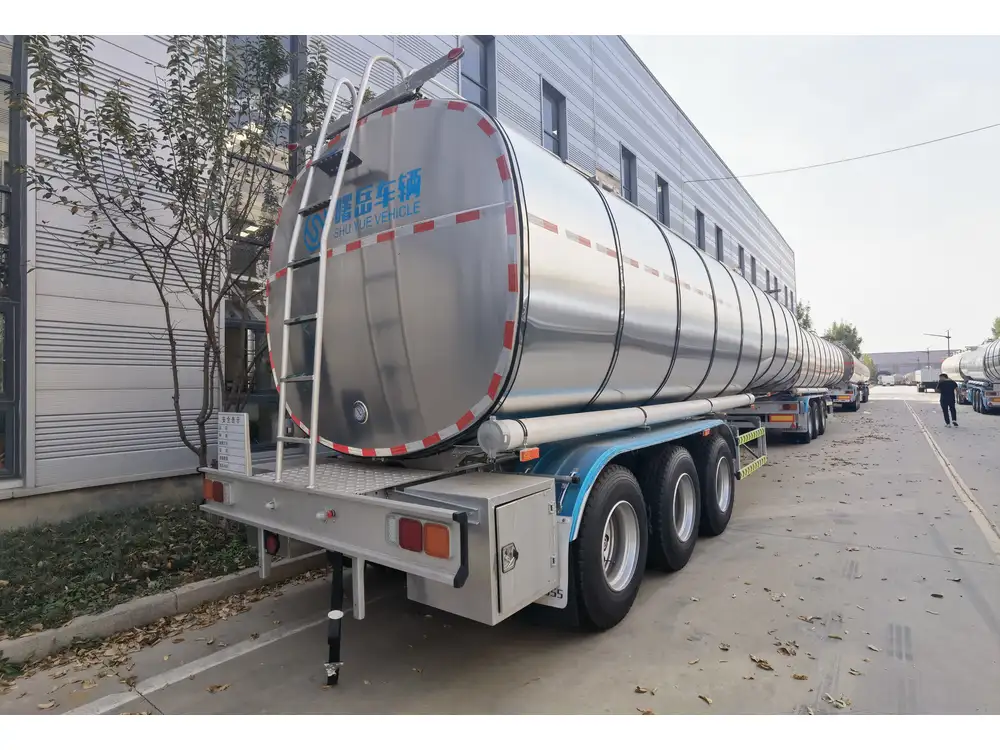
Overview
Lead-acid batteries are traditional, cost-effective solutions that have been used for decades in various applications, including dump trailers. They are primarily classified into two categories:
Flooded Lead-Acid Batteries: These batteries require regular maintenance, such as checking electrolyte levels and ensuring proper charge. They can be less expensive but are prone to sulfation if not properly maintained.
AGM (Absorbent Glass Mat) Batteries: These batteries are sealed, maintenance-free options that offer enhanced safety due to their spill-proof design. AGM batteries perform well in colder temperatures and have a longer lifecycle when compared to their flooded counterparts.
Pros and Cons
| Pros | Cons |
|---|---|
| Lower upfront cost | Heavier and bulkier |
| Reliable performance | Shorter service life |
| Widely available | Requires regular maintenance (flooded version) |
2. Lithium-Ion Batteries
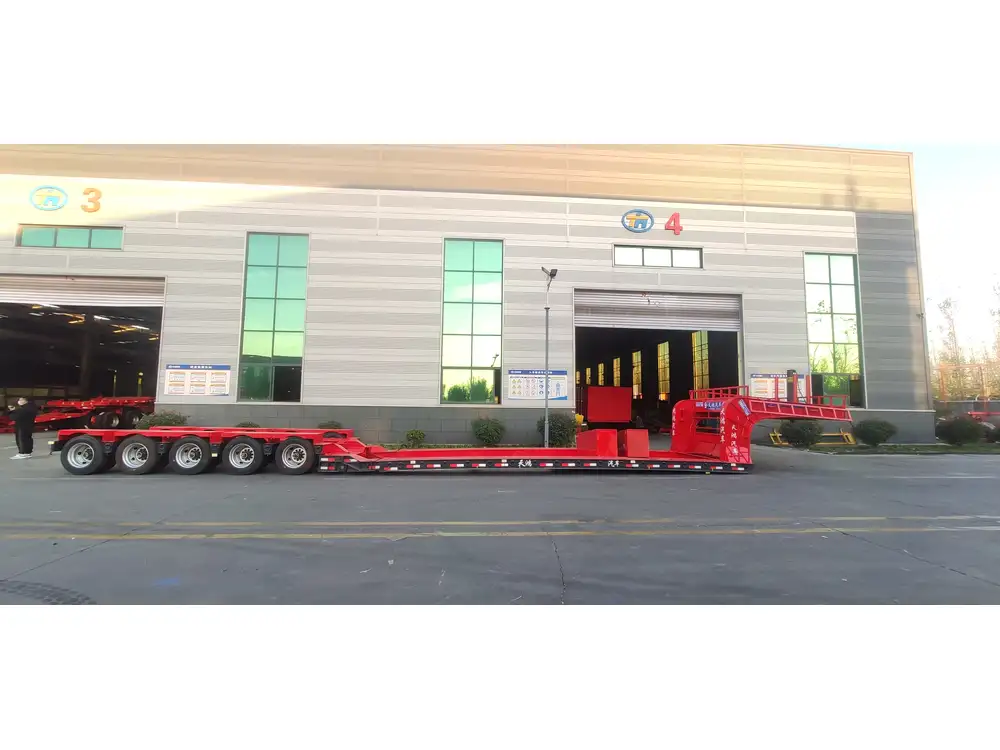
Overview
Lithium-ion batteries have gained traction in recent years due to their numerous advantages over lead-acid options. Known for superior performance and efficiency, these batteries are becoming an attractive choice for dump trailer operators looking for longevity and reliability.
Pros and Cons
| Pros | Cons |
|---|---|
| Lightweight and compact | Higher upfront cost |
| Longer cycle life (up to 10 years) | Requires compatible charger |
| Faster charging capabilities | Sensitive to extreme temperatures |
3. Deep Cycle Batteries

Overview
Deep cycle batteries are designed to provide sustained power over long durations, making them ideal for dump trailers that require significant voltage for hydraulic lift systems. They can be either lead-acid or lithium-ion, offering versatility based on users’ preferences.
Pros and Cons
| Pros | Cons |
|---|---|
| Specifically designed for heavy-duty use | May need frequent recharging |
| Resistant to deep discharges | Weight can be a consideration |
Key Factors to Consider When Choosing a Battery
Selecting the right battery involves evaluating various factors that can influence performance, longevity, and maintenance needs.

1. Voltage Requirements
Most dump trailers operate on a 12-volt battery system. It’s essential to ensure that the battery you choose fulfills this voltage requirement. For larger trailers, opting for a dual 12-volt circuit can enhance performance and reliability.
2. Amp-Hour Rating
The amp-hour (Ah) rating indicates how much current a battery can supply over a specific time period. A higher Ah rating means that the battery can sustain power for extended periods, crucial for dump trailers that may operate for long sessions without recharging.
3. Operational Environment
Consider the climate conditions in which you will be using your dump trailer. If the environment is subject to extreme temperatures, AGMs or lithium-ion batteries may offer better performance, whereas flooded lead-acid batteries can suffer from reduced efficacy in cold weather.
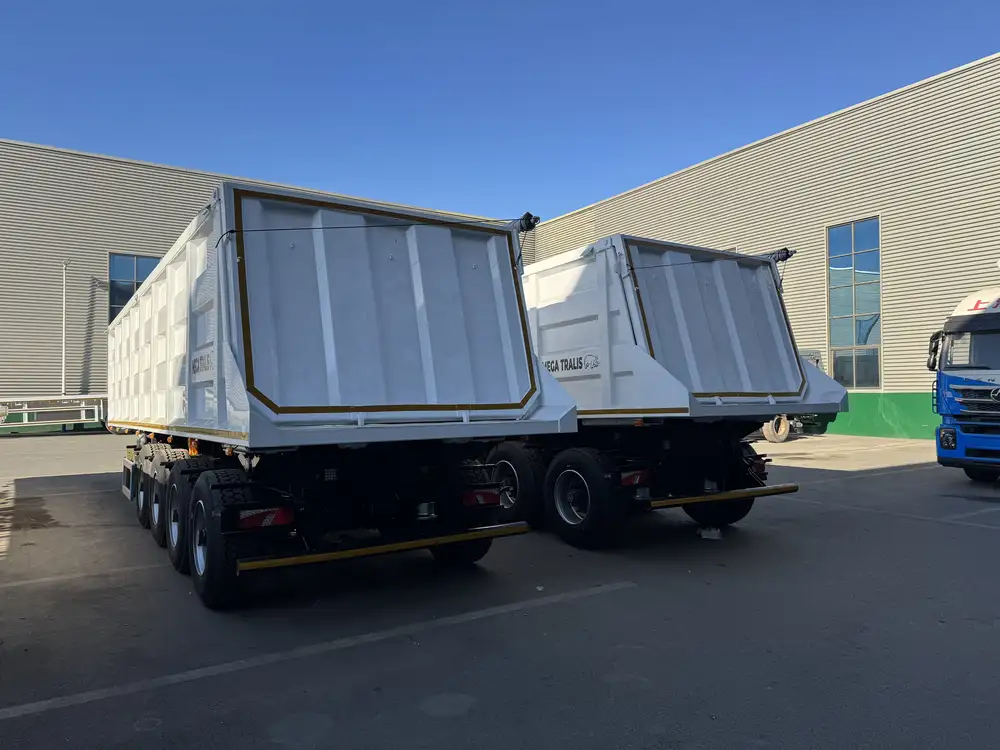
4. Maintenance Needs
Flooded lead-acid batteries require periodic checks and maintenance to ensure they operate effectively. Conversely, AGM and lithium-ion batteries are typically maintenance-free, offering convenience for those who prefer minimal upkeep.
5. Cost Consideration
While upfront costs are an immediate concern, evaluating long-term cost-effectiveness is important. Lithium-ion batteries, for instance, may have a higher initial price point but compensate for it through their longevity and reduced maintenance costs.
Installation Tips for Your Dump Trailer Battery
Proper installation of the battery is crucial for effective performance and safe operation. Here are some tips to optimize battery installation:
Select the Right Location: Find a spot that is sheltered from potential hazards such as moisture and extreme temperatures. A designated battery compartment is ideal.
Secure the Battery: Use brackets or ties to secure the battery firmly in place, minimizing vibrations that could lead to disconnects or damage during travel.
Connect the Wires Properly: Ensure that positive and negative leads are connected to the correct terminals. Use corrosion-resistant connectors to maintain a secure and effective connection.
Consider a Battery Disconnect Switch: Installing a disconnect switch can enhance safety to prevent battery drainage when the trailer is not in use.

Maintenance Practices to Extend Battery Life
Adopting a maintenance routine can significantly enhance the lifespan and performance of your dump trailer’s battery. Here are some essential practices:
1. Regular Inspection
Conduct regular checks for signs of corrosion, loose connections, and physical damage to the terminals and wiring.
2. Monitor Charge Levels
Keep an eye on the state of charge. With flooded lead-acid batteries, ensure electrolyte levels are adequately maintained. For lithium-ion batteries, use the manufacturer’s guidelines regarding discharge limits.
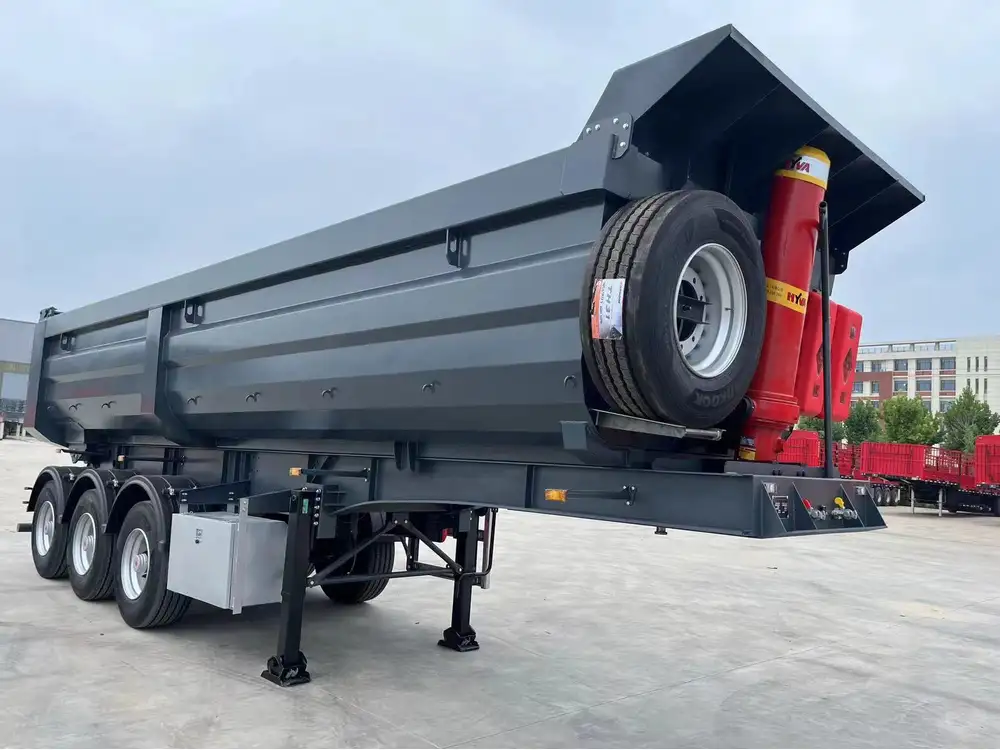
3. Clean Battery Terminals
Remove any buildup of dirt or corrosion around the terminals to prevent electrical issues. Use a mixture of baking soda and water for cleaning, followed by a thorough rinse to ensure no residue remains.
4. Store Properly During Off-Season
If your dump trailer is not in use for extended periods, remove the battery and store it in a cool, dry place. For lead-acid batteries, ensure they are fully charged before storage.
Common Battery Issues and Troubleshooting
Even with proper care, issues can arise with dump trailer batteries. Below are common problems and quick troubleshooting steps:
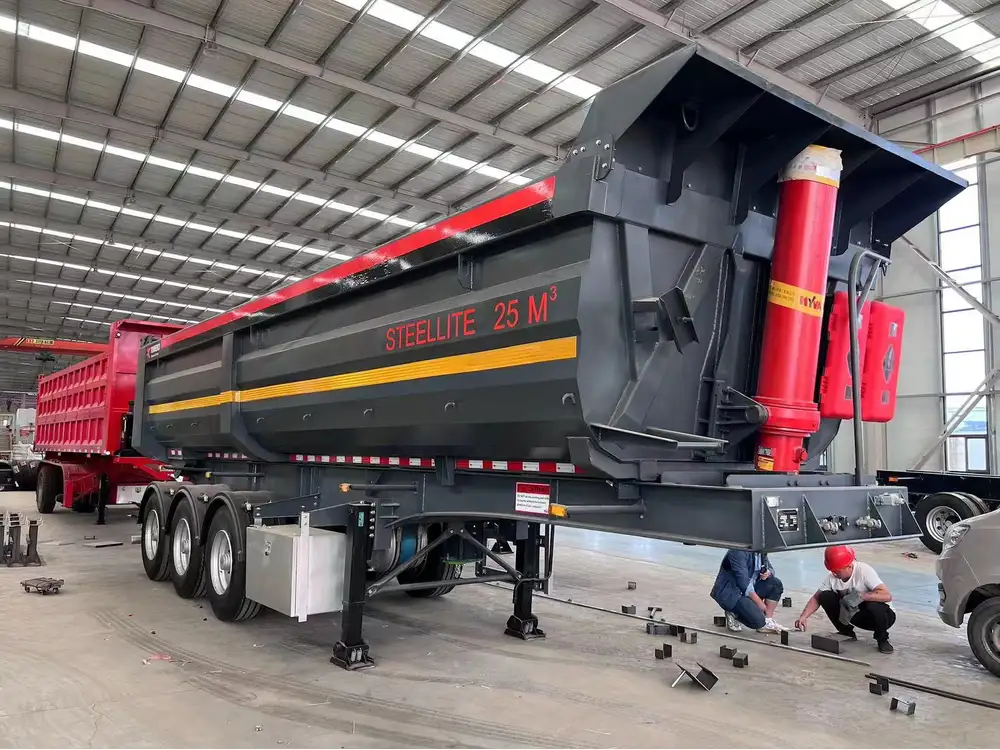
1. Battery Won’t Hold Charge
- Cause: Internal faults or age-related wear.
- Solution: Test the battery using a multimeter; if the voltage is consistently low, it may need replacement.
2. Corroded Terminals
- Cause: Reaction between battery acid and metals.
- Solution: Clean terminals and use anti-corrosion spray for protection.
3. Battery Overheating
- Cause: Overcharging or inadequate ventilation during use.
- Solution: Ensure proper charging practices and check for adequate airflow.

4. Physical Damage
- Cause: Impact during transit or rough handling.
- Solution: Inspect for cracks or bulges; replace damaged batteries immediately.
Understanding Maintenance-Free Options
With advancing technology, maintenance-free batteries have become increasingly popular. Not only do they reduce work for the operator, but they also provide consistent performance over time.
Comparison of Maintenance-Free vs. Traditional Batteries
| Factor | Maintenance-Free Batteries | Traditional Batteries |
|---|---|---|
| Maintenance Requirement | Minimal – No water checks needed | High – Regular water and electrolyte checks required |
| Lifespan | 5-10 years | 3-7 years based on care |
| Cost | Higher upfront cost | Generally more affordable |
| Performance under Load | Excellent consistency under load | Performance can decline over time |
| Weight | Generally lighter due to advanced design | Heavier and bulkier |

Conclusion: Making the Right Choice
In conclusion, choosing the right battery for your dump trailer depends on various factors, including your operational requirements, budget, and maintenance preferences. Whether you opt for a cost-effective lead-acid battery or invest in a high-performance lithium-ion unit, understanding the nuances of battery types can lead to enhanced trailer performance, improved operational efficiency, and longer service life.
Invest time in evaluating your specific needs and the conditions in which your dump trailer operates. Armed with this knowledge, you can make an informed decision that best supports your operational goals while maximizing your investment in equipment. Remember, the right battery choice is a key component in realizing the full potential of your dump trailer.



